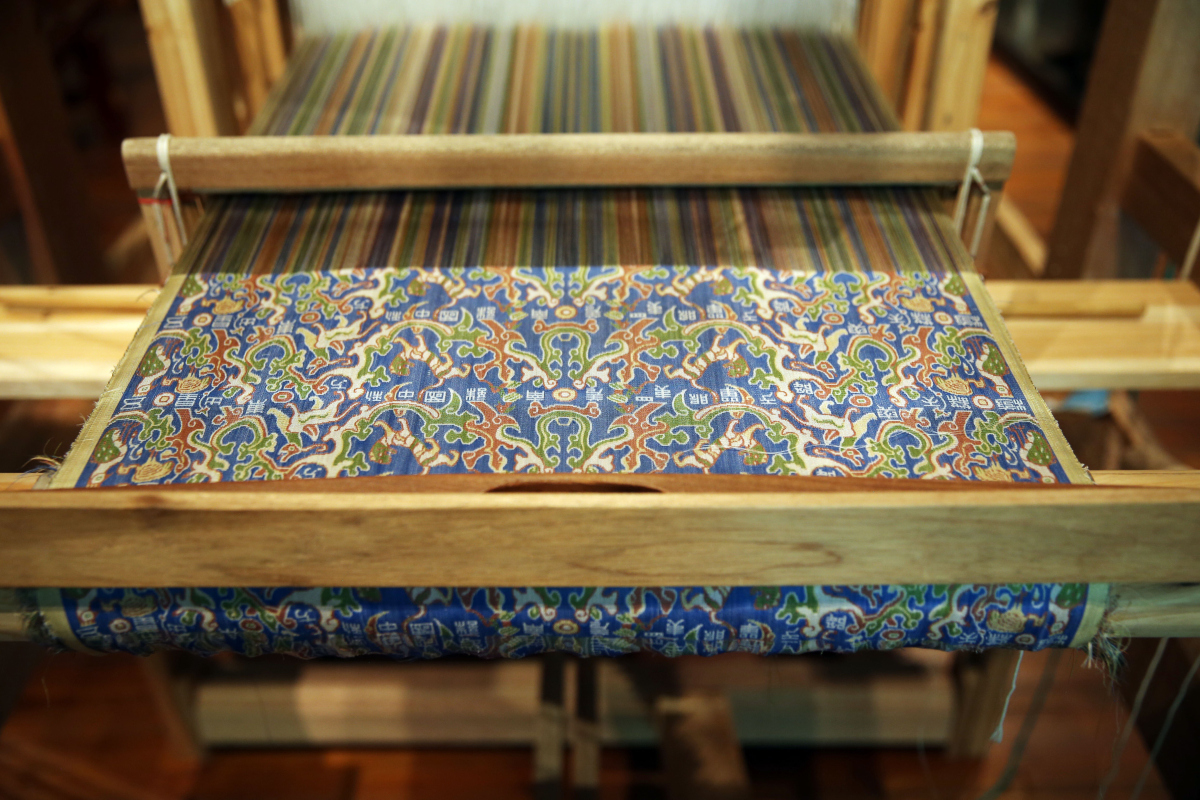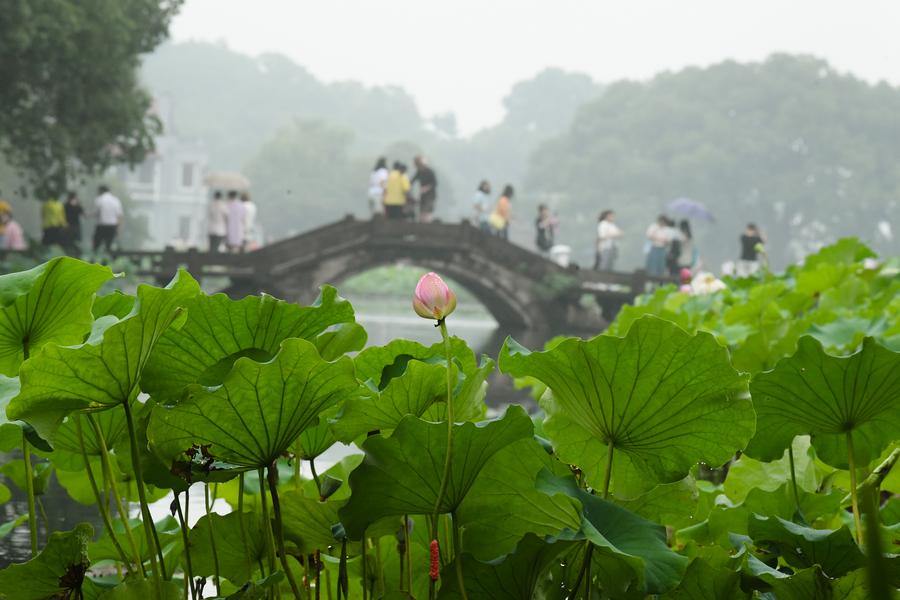
China, the harvester of silkworms and the innovator of silk weaving, is also recognized for its time-honored history in the production of silk which has contributed to its remarkable silk culture. Hangzhou, which is known as the home of silk, is an essential thread that has globally weaved itself into this historical development.
Hangzhou, one of the eight ancient capitals of China, has a strong connection with the development of silk. According to archeological findings which date back to the Liangzhu Culture (3400-2250 BC), the ancestors of the Hangzhou people were already engaged in a series of silk making activities such as, growing mulberry trees, raising silkworms, weaving silk and making primitive tools for silk reeling. During the Spring and Autumn Period (771-476 BC), the king of Yue (the present-day northern Zhejiang province), Goujian, promoted the further development of silk making by applying the so-called policy of Rewarding the Silk Farming.
In the Tang Dynasty (618-907) damask silk, one of Hangzhou’s finest commodities weaved its way to the top and was exclusively reserved for the use of the imperial family. Later in the Southern Song Dynasty (960-1279), the silk-production industry was at its height and it is then that Hangzhou became recognized as the Home of Silk.
In the Yuan Dynasty (1271-1368) the silk-production industry in Hangzhou was more prosperous than ever. The famous Italian explorer Marco Polo passionately stated in his travel journal that “Both men and women are fair and comely and for the most part clothe themselves in silk, so vast is the supply of that material, both from the whole district of Kinsay (Hangzhou) and from the imports by traders from other provinces…”
As the Home of Silk, Hangzhou features thousands upon thousands of this flawless fabric which includes different patterns, designs and colors and it is so exquisite that it is praised by foreign visitors as the ‘Flower of Oriental Art’.
This esthetic material is soft to touch and possesses a high moisture absorption rate as well as a shimmering and attractive appearance which explains its popularity from both home and abroad.
However the use of silk is not just confined to clothing but also to functional accessories such as silk umbrellas and silk hand fans, both of which are intricately produced and portray many poetic and fictional images.
(Executive Editor: Yongliu HE)




